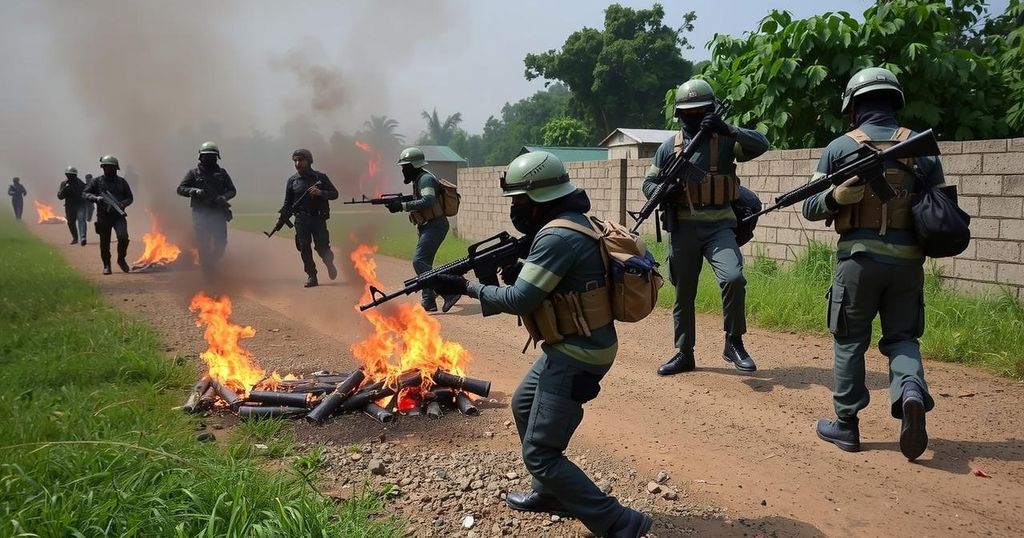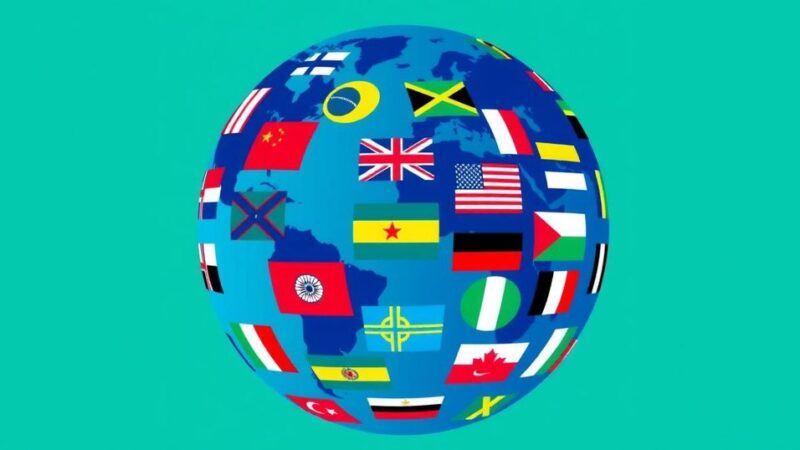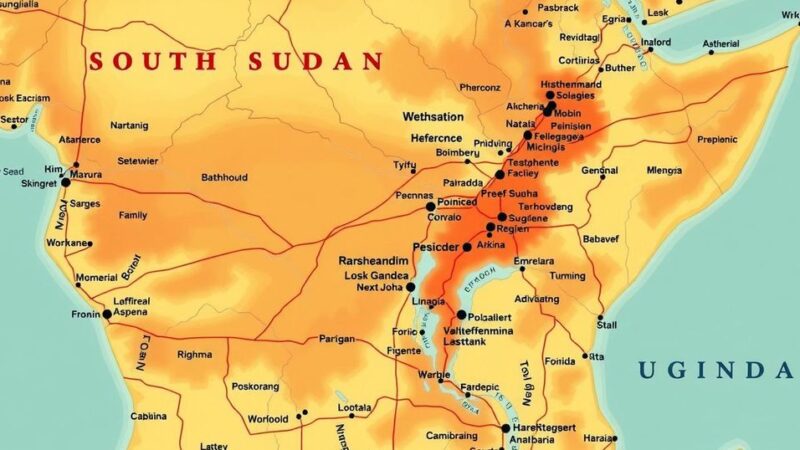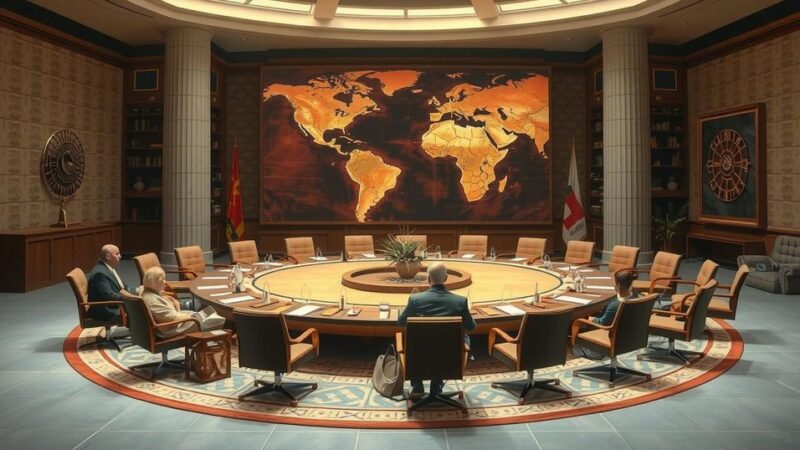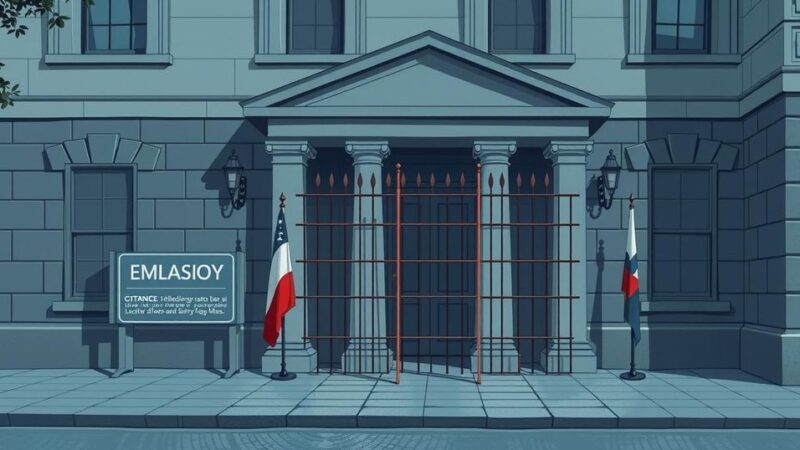The M23 conflict in eastern DRC has escalated significantly, with the group’s leader calling it an ‘existential war’ to protect Congolese Tutsis amid accusations of Rwandan support for the rebels. The conflict has resulted in considerable displacement and deaths, despite multiple failed peace efforts. M23 emphasizes defense and dialogue as solutions to the ongoing strife, yet the DRC government remains resistant to negotiations, attributing the group as a proxy for Rwanda.
The M23 rebel group, under the leadership of Bertrand Bisimwa, has characterized its military engagements in eastern Democratic Republic of Congo (DRC) as an ‘existential war’ aimed at safeguarding the rights of the Congolese Tutsi minority. The conflict has escalated dramatically in recent years, leading to widespread deaths and the displacement of approximately two million people, primarily due to hostilities with the DRC government forces. Formed in 2012, M23 initially suffered defeats but rejuvenated its campaign in 2022, gaining significant ground in North Kivu while framing their struggle as a defense against state persecution.
Bisimwa articulated the group’s rationale, stating, “We are waging a defensive war to protect these citizens… They are not second-class citizens. The state must take care of them.” The DRC government classifies M23 as a paramount security threat, simultaneously expressing concerns and allegations regarding Rwanda’s alleged military support to the rebels. Despite international criticism, the M23 leadership has maintained that their efforts are primarily defensive, creating conditions for displaced families to return to their former homes.
Previous attempts at peace negotiations, such as the 2022 Nairobi Process and Angola’s mediation, have proven largely ineffective. Bisimwa commented on the government’s refusal to engage in dialogue with M23, accusing it of fostering an environment conducive to ongoing conflict. He remarked, “War cannot solve our problems. Dialogue alone can address the root causes of the conflict.” In the context of governance, M23 refutes accusations of colluding with other armed factions and insists on prioritizing community welfare and responsible management of local resources, including the protection of Virunga National Park.
Despite the turbulence, M23 remains assertive in its quest for a peaceful resolution through negotiations. Bisimwa concluded, “If Kinshasa cannot solve our problems, it should let us solve them ourselves.” This highlights the group’s readiness to seek alternatives to conflict, advocating for a discussion-oriented approach to resolving underlying issues.
The escalating violence in eastern DRC is deeply rooted in ethnic tensions and historical grievances. The M23 rebel group emerged from discontent within the Congolese army, claiming to defend the rights of the Tutsi population who allegedly face discrimination. The DRC government, on the other hand, perceives M23 as a direct threat, exacerbated by claims that neighboring Rwanda supports the group. This glaring distrust complicates any prospects for peace and stability in the region, especially as millions of innocent civilians remain caught in the crossfire.
The M23 conflict exemplifies the complexities of ethnic relations and governance in the DRC, revealing the tragic consequences of armed conflict on civilian populations. As the M23 leaders emphasize defensive war and the need for dialogue, the DRC government’s refusal to negotiate remains a significant barrier to peace. The situation underscores the urgent need for a comprehensive approach to conflict resolution that addresses both the humanitarian crises and the underlying causes of violence in the region. Without concerted efforts toward dialogue and reconciliation, the prospects for lasting peace appear bleak.
Original Source: eastleighvoice.co.ke
